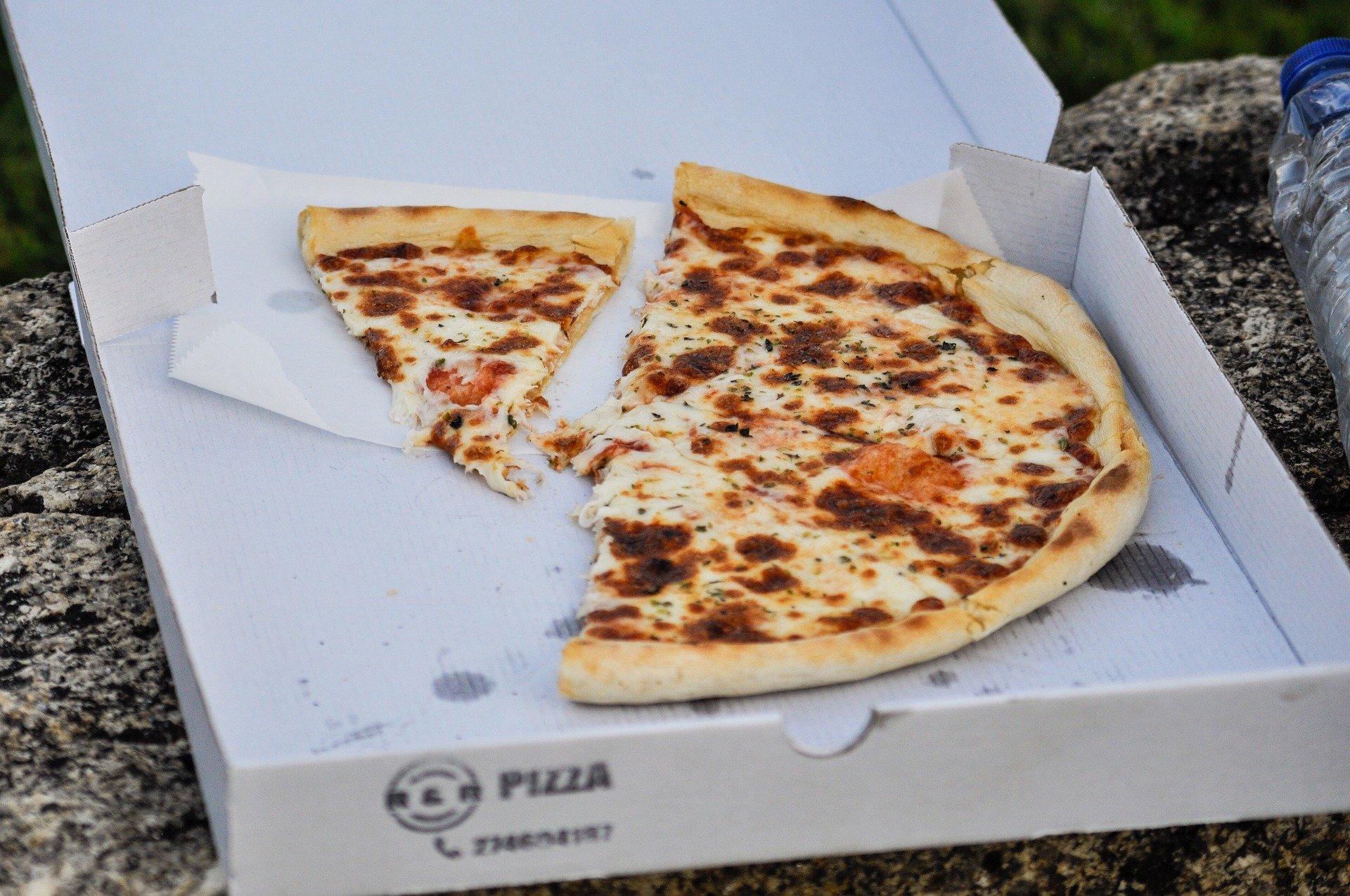Lockdown and Weight Gain - should we worry?
People are constantly commenting about their waistlines on social media, while surveys investigate how much weight we’re gaining in lockdown. Over recent months, it’s become impossible to ignore the analysis of whether our changing diet – due to food availability and lifestyle shifts – is impacting our weight.
A new King’s College London and Ipsos MORI survey of 2,254 people has addressed the question. 48% of respondents say they have put on weight during lockdown, the same percentage report feeling more anxious or depressed than usual, and 29% say they have drunk more alcohol. But given the anxiety many people are experiencing, should we be so worried about the number on the scales?
Is gaining weight really a big issue?
People’s anxiety and stress levels have been high, and some people will eat more to help them deal with it. Worrying about a small amount of weight gain is only going to add to that anxiety. If you’re concerned about your diet, it can help to focus on health and nutrition rather than the line on your scales.
How can you address your diet in a healthy way?
Focus on what you can add to, rather than remove from, your diet. Instead of dieting and making yourself feel negative, plan something like eating an extra portion of fruit every day so you’ve got something positive to aim for. If you don’t manage to do it, it’s not the end of the world. Start off with small changes. Instead of thinking ‘here are 10 things I need to change’, focus on easy things you can do right now that have been helpful in the past, because then you’ll start to feel like you’ve achieved something with just a little change. When we say, ‘I should not eat that chocolate cake’, it makes us want the cake more. Food isn’t a reward or a punishment. It’s something to nourish us... as well as being super delicious.
Can changing you exercise expectations help?
The key to feeling less anxious about the new reality is self-compassion and physical activity or exercise can help with that. As we come out of a global pandemic people need to be gentle with themselves. Don’t put too many expectations on yourself and your training routine – that’s only going to negatively impact you. Set new goals, which are gentle and more realistic for your current situation. You could do 15 minutes after your morning coffee, and take a 15-minute walk at lunch and in the evening. Don’t forget, getting outside for fresh air and physical activity (which could just be a gentle walk in your local neighbourhood) will help your mental health. Explore what’s on your doorstep, whether that’s before, during or after work, and then if you do have time at the weekend go for a longer walk.
Is the health crisis negatively impacting your view of your body?
Periods of uncertainty can increase anxiety for those who have an unhealthy relationship with food. An awful lot of people use food – or the control of food – as their coping mechanism for anxiety, or to get a sense of self-esteem or self-worth, to say to themselves, ‘I’m doing all the right things, I’m following this admirable, aspirational lifestyle’.
People have tried to carry on as if things are normal. But there is nothing about this situation that is normal. You won’t be able to do the same things you did before, it would be strange to think you could. So, treat yourself with the same kindness you would show if someone was explaining their situation to you. Try to think, ‘what should I do with this information now and how can I be kind to myself? What do I need to help myself through it?’
Think ‘aren’t you glad you’re healthy? Aren’t you glad your body is well enough to get you through this situation, to manage the stress and look after your family?’ This can help steer away from the idea of the deficits of your body to actually what it has and what it’s capable of, and the positives of your health.
Extracts taken from https://www.bbc.co.uk/food

